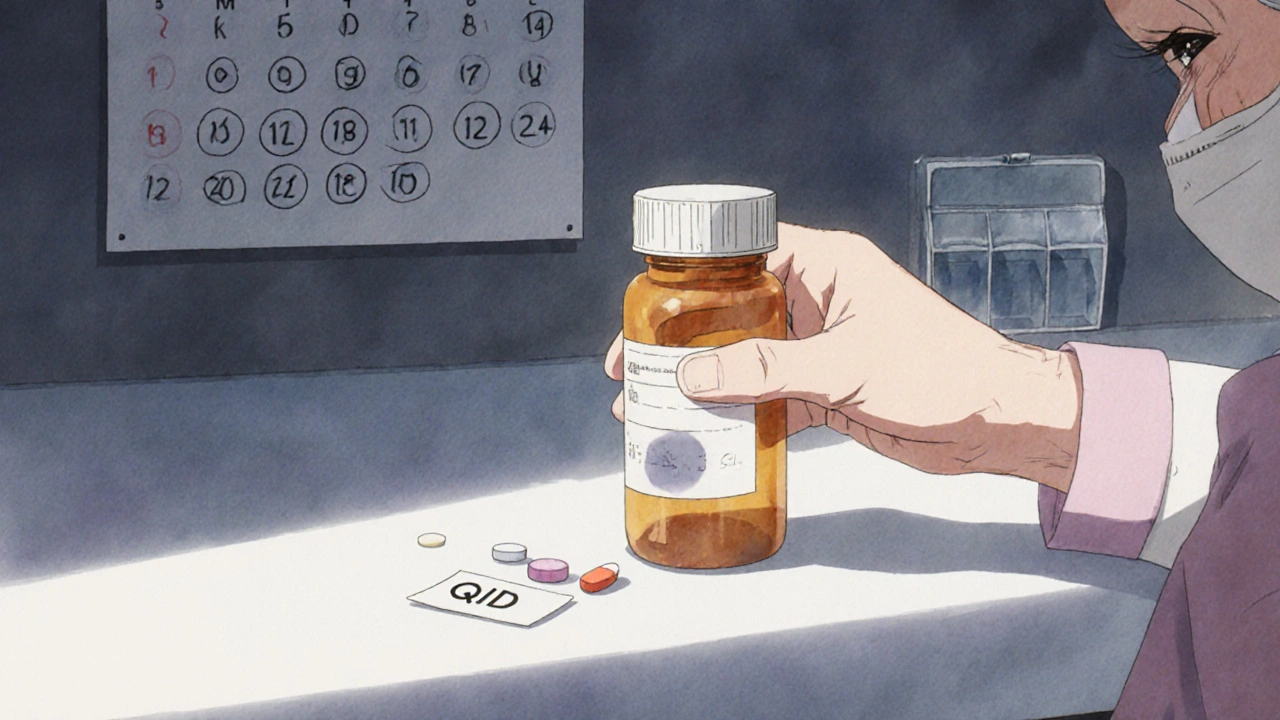Prescription Errors: What They Are, How They Happen, and How to Avoid Them
When a doctor writes a prescription, it’s meant to help—not hurt. But prescription errors, mistakes in writing, filling, or taking a medication that can lead to harm. Also known as medication errors, these aren’t rare accidents—they’re a leading cause of preventable harm in healthcare. Think of it this way: if you’re taking a pill every day, someone else—your doctor, pharmacist, or even you—made a decision that could go wrong. And it happens more often than you think.
Pharmacy errors, mistakes made when dispensing medication are one big piece. A patient asks for insulin, gets the wrong type. A label says 10mg, but the bottle holds 100mg. Drug safety, the system of checks meant to keep medications from causing harm is supposed to catch these, but it’s not perfect. Older adults, people on five or more meds, and those with chronic conditions like diabetes or heart disease are at higher risk. Why? Because complexity grows with each pill. One wrong dose of an anticholinergic drug, for example, can blur your thinking. A mix-up with trimethoprim or cefadroxil might turn a simple infection into something dangerous.
Medication safety, the practice of ensuring drugs are used correctly from prescription to consumption isn’t just about the pharmacy. It’s about you asking questions. Did the doctor mean 5mg or 50mg? Is this the same as the last pill you took? Are you mixing it with something that could cause a reaction? We’ve seen posts on insulin allergies, anticholinergic burden in seniors, and even how sleep aids can fog your memory. All of these tie back to one truth: if you’re taking medication, you’re one step away from a mistake. And that step is often silence.
Some errors come from bad handwriting. Others from rushed appointments. Some from pharmacies filling the wrong drug because two names sound alike. But the biggest risk? Not speaking up. You don’t need to be a medical expert. You just need to know your own meds, check the label, and ask: "Is this what my doctor ordered?" That simple habit has saved lives.
The posts below cover real cases where medication mistakes happened—and how people caught them before it was too late. From buying Aldara cream online safely to understanding how cefadroxil works during pregnancy, these aren’t theoretical guides. They’re practical checks you can use today. Whether you’re managing diabetes, caring for an aging parent, or just trying to avoid a bad reaction, the tools are here. You don’t need to guess. You just need to know what to look for.

QD vs. QID: How Prescription Confusion Leads to Dangerous Medication Errors and How to Stop It
QD and QID are dangerous prescription abbreviations that cause deadly medication errors. Learn how mixing up once daily and four times daily leads to overdoses-and what you and healthcare providers can do to stop it.
